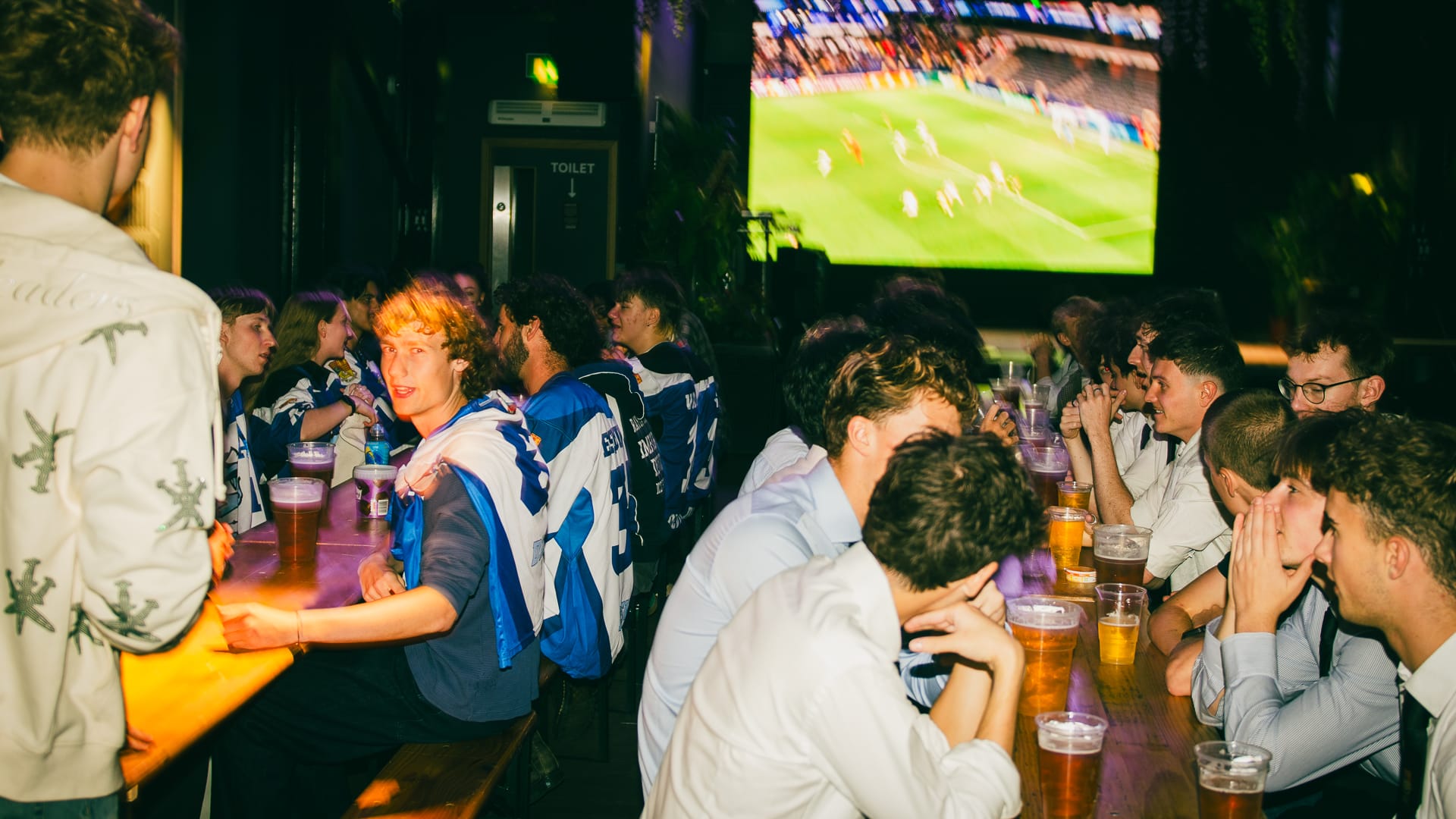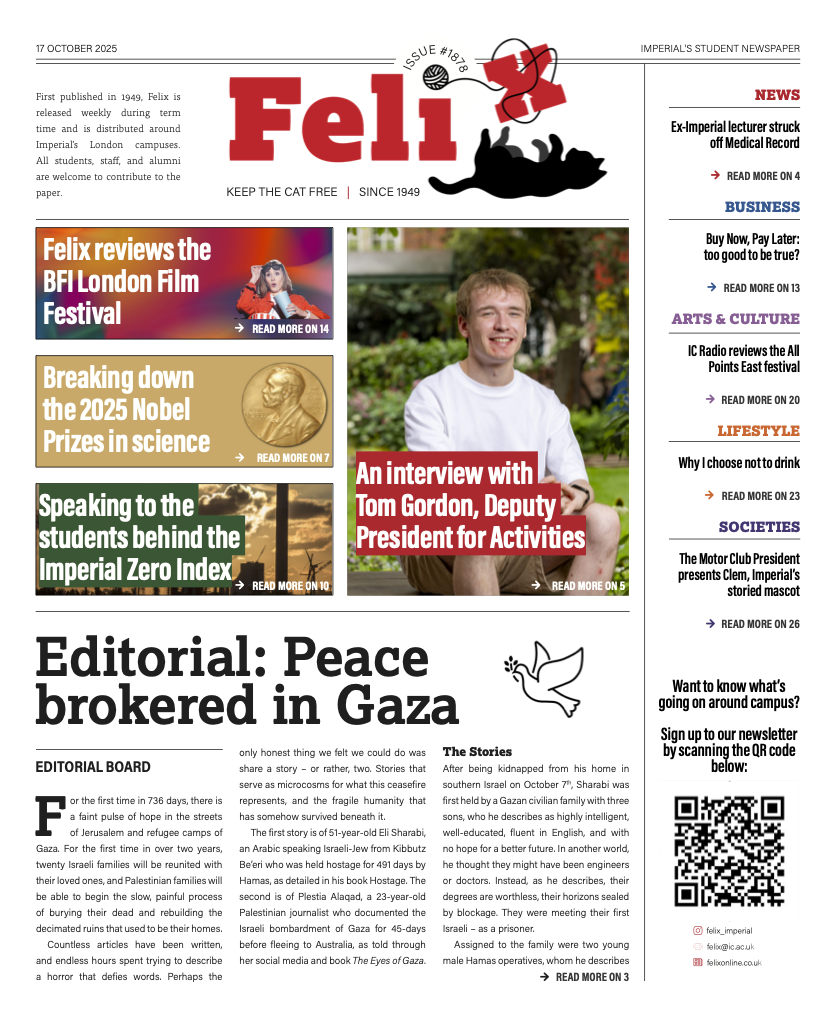Why I don’t drink (and why it’s no longer weird)
A submodule on alcohol awareness changed how I saw the drinking scene.

At university, not drinking can still feel like a social faux pas. From Freshers’ events where nervous, bright-eyed students bond over glasses of ethanol to society sport matches where the logical conclusion is celebrating with a few pints, alcohol seems woven into the social fabric. But as science and culture catch up, I’m starting to feel like saying no to alcohol might just be the most normal decision of all.
It’s Friday night at the Union: music thumping, conversation looping, and someone hands me a drink. I decline (politely), and they look at me as if I’ve just confessed to not believing in Wi-Fi. That moment has become strangely familiar. Alcohol is everywhere, yet choosing not to drink still raises eyebrows.
When I first learned that alcohol (specifically ethanol) is a Group 1 carcinogen (the same category as asbestos, tobacco, and ionising radiation) I was stunned. It’s linked to seven types of cancer: mouth, throat, oesophagus, liver, colon, rectum, and breast. In the UK, alcohol contributes to around 12,000 cancer cases each year, and there’s no proven “safe” level of consumption. It felt absurd that something so culturally normal could be so biologically brutal. Technically, by skipping a drink, I’m just avoiding a widely celebrated carcinogen.
Alcohol is the only carcinogen people will buy you shots of.
Drinking has long been shorthand for belonging at university. Freshers’ Week thrives on cheap pints and bad decisions. But the myth that everyone drinks is quietly unraveling. Among 16–24-year-olds, the number who don’t drink at all has almost doubled since 2002, and only 36 percent of students now feel drinking is essential to university life: down from over half just a few years ago. The ‘sober-curious’ trend isn’t just for wellness influencers or people with Oura rings anymore; it’s quietly making its way into the student bar queue. I’ve discovered that social confidence can come from conversation and not carbonation.
Why I Choose Not to Drink
Health: Once I realised alcohol was a Class 1 carcinogen, it was hard to justify calling it “casual.”
Sleep: Alcohol wrecks REM cycles, and I like waking up remembering my lectures brain fog free.
Money: Skipping £6 pints has freed up cash for sport memberships, small investing experiments, and spending on friends and family.
Social clarity: I enjoy remembering the jokes I laughed at. Alcohol can easily become a social crutch, and I decided early on not to let a habit creep from occasional indulgence into expectation. I also started wondering whether the things that required alcohol to be fun were actually my kind of fun in the first place. It’s not about moral superiority at all but it’s about feeling good during and after the event.
Maybe the next phase of student culture will be less about blacking out and more about showing up and having fun even when present. Where the past decade was defined by “Work hard, play hard,” I hope the next will be about “Work smart, sleep well.”
So, if you see someone at the bar ordering sparkling water with lime, don’t pity them. The future likely isn’t teetotal, but it does look less soaked. Alcohol-free beers are now a standard, not sad. Mocktails taste like class, not compromise. And being sober on a night out is no longer social exile; it’s just another option.
I’m not alone in noticing this shift. Imperial Biochem graduate and influencer James Edward has documented his journey quitting alcohol and advocates for it regularly on his YouTube channel. I have a feeling this might just be one of those cultural shifts we’re slightly ahead of the curve on.
Cheers! May your nights be short, your sleep be deep, and your hangovers hypothetical.





